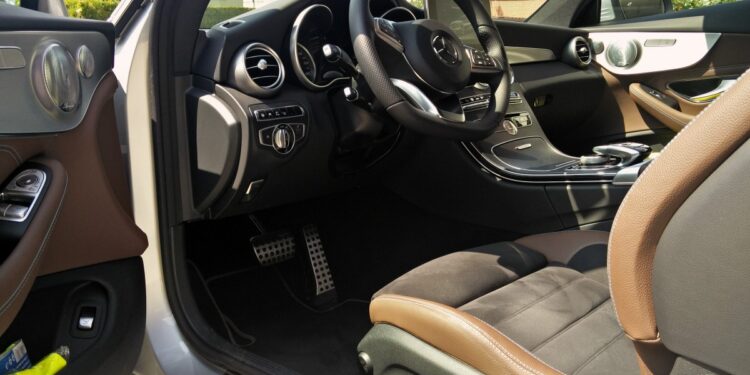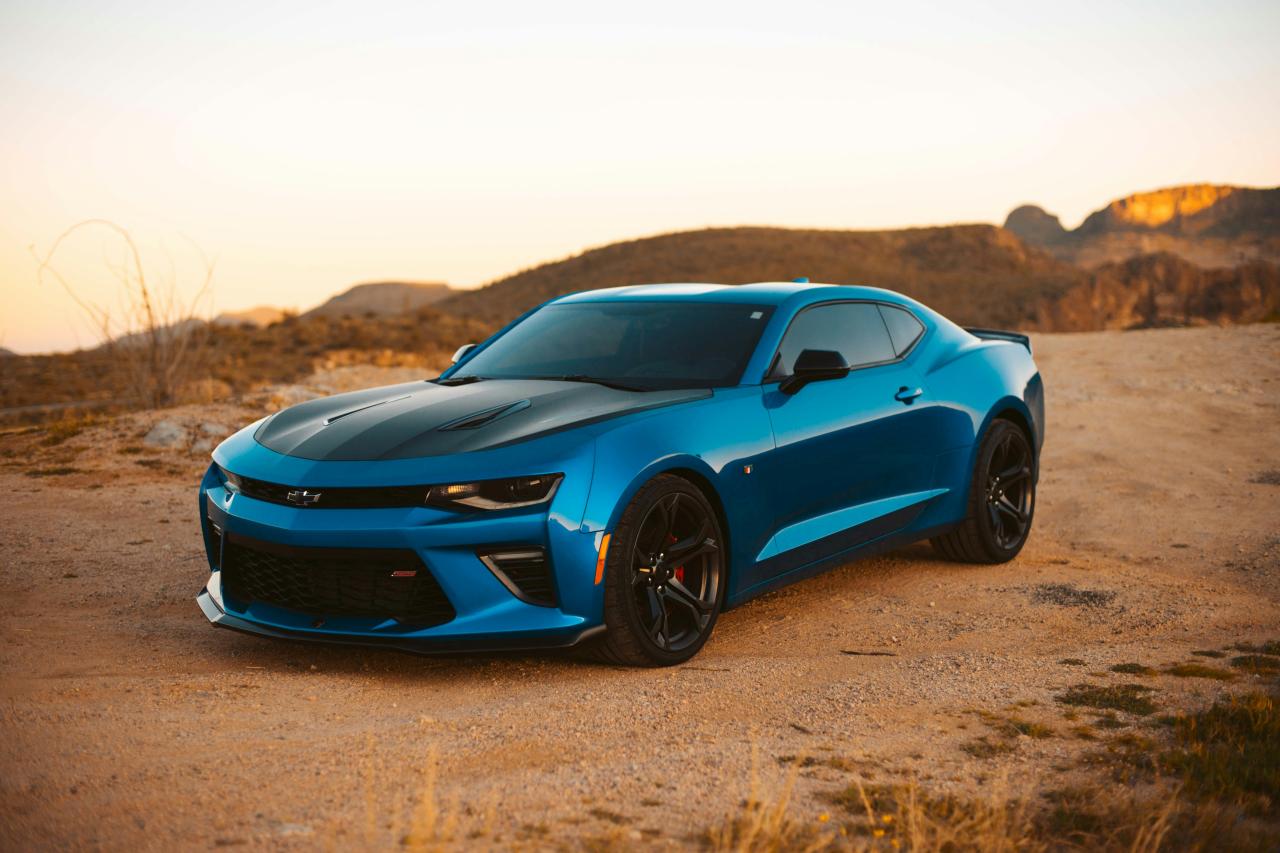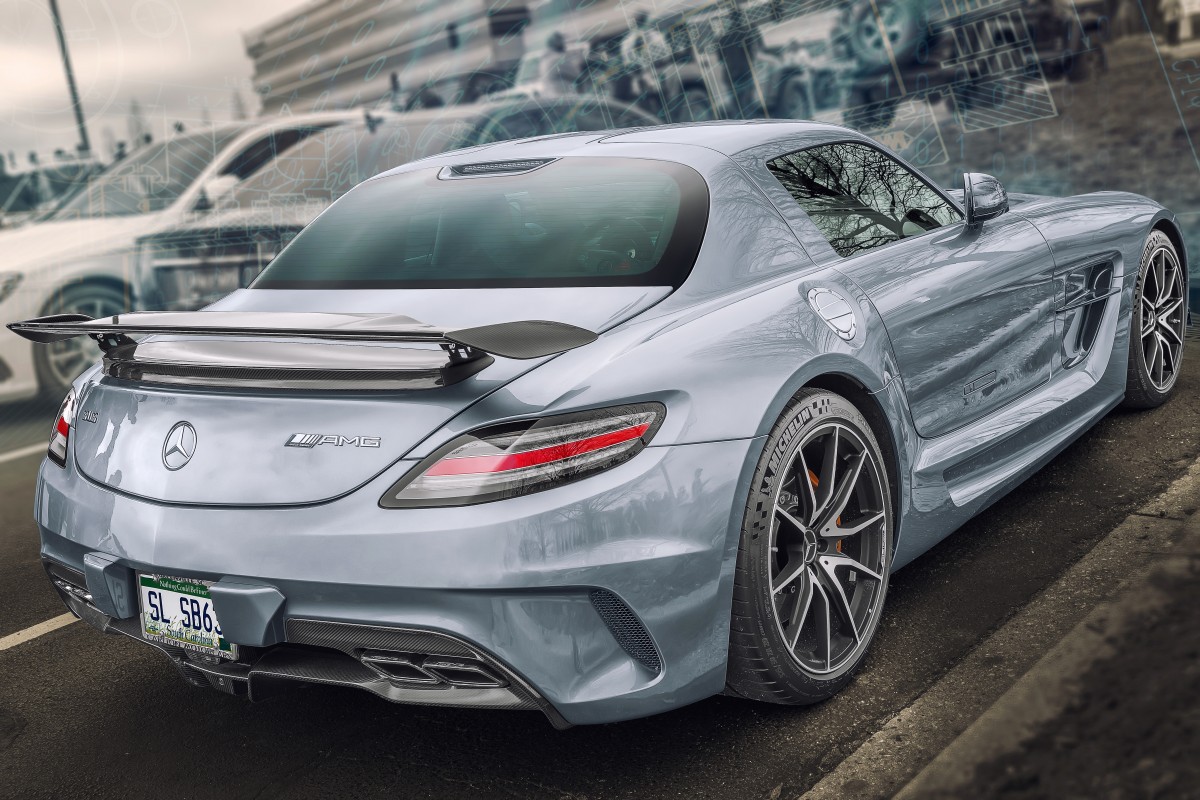Introduction: The New Era of Automotive Efficiency
In an era defined by fluctuating energy costs and a growing global imperative for environmental stewardship, the conversation around vehicle purchasing has shifted decisively toward fuel efficiency. For the average motorist, minimizing gasoline consumption is not merely an environmental concern; it is a critical component of monthly budgeting and long-term financial planning.
Successfully navigating the high cost of fuel over a vehicle’s multi-year lifespan can translate into thousands of dollars in savings, making the choice of an efficient model one of the most financially astute decisions a consumer can make. The automotive industry, driven by rigorous regulatory standards and intense consumer demand, has responded with an array of sedans that push the boundaries of hybrid technology, aerodynamic design, and powertrain optimization.
The notion that fuel efficiency must come at the expense of comfort, performance, or safety is now entirely outdated. Modern sedans leverage sophisticated engineering to deliver exceptional mileage without sacrificing the space, features, or reliability that consumers expect.
The key challenge for the buyer lies in cutting through the noise of marketing claims and understanding the real-world efficiency figures and the technological differences between competing models. Factors like a vehicle’s hybrid integration, transmission design, and even tire composition profoundly affect its fuel economy, demanding a detailed comparison beyond simple EPA ratings.
This comprehensive guide is designed to serve as your definitive, meticulous review of the top ten most fuel-efficient sedans projected to dominate the market in 2025. We will move beyond superficial statistics, providing an in-depth analysis of the core technologies, real-world mileage expectations, and unique features that make each model a leader in its class. By dissecting the powertrain efficiency and overall value proposition of these ten elite sedans, we aim to empower you to select the vehicle that offers the optimal blend of sustainability, performance, and long-term financial savings.
Part I: Understanding Efficiency Metrics and Technology
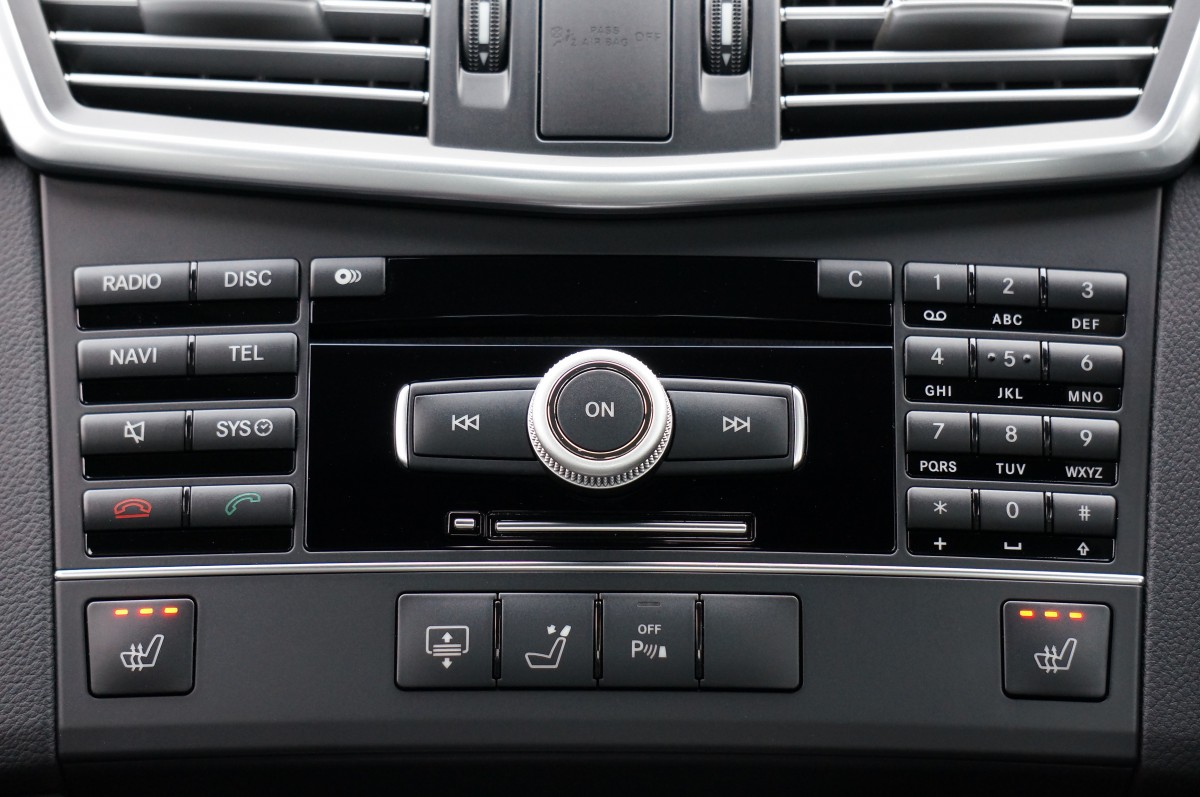
Evaluating fuel efficiency requires moving beyond simple Miles Per Gallon (MPG) ratings to understand the underlying technology and official testing standards.
A. The Importance of EPA Ratings
The Environmental Protection Agency (EPA) provides the standard for comparing vehicle fuel economy across the industry.
- City vs. Highway: EPA ratings provide two distinct figures: City MPG (reflecting lower speeds, frequent stopping, and idling) and Highway MPG (reflecting steady cruising speeds). The combined rating is a weighted average used for general comparison.
- Real-World Variance: It is vital to remember that EPA ratings are achieved under specific, controlled laboratory conditions. Real-world mileage often varies based on driving style (aggressive acceleration uses more fuel), topography (hills), and climate (heavy AC use).
- Best Vehicle Comparison: The EPA rating remains the best tool for comparing two different models, as both are tested using the same standardized methodology.
B. The Dominance of Hybrid Powertrains
The most fuel-efficient sedans in 2025 almost universally rely on hybrid technology.
- Hybrid Mechanics: Hybrid systems combine a traditional gasoline engine with an electric motor and a small battery pack. The motor assists the gasoline engine during acceleration and operates independently at low speeds, reducing gasoline consumption.
- Regenerative Braking: Hybrids recapture kinetic energy during braking and coasting, converting it back into electricity to recharge the battery. This feature significantly boosts efficiency, especially in stop-and-go city driving.
- Plug-in Hybrids (PHEVs): PHEVs offer a third, distinct option. They use a larger battery that can be plugged in and recharged, offering a short range (e.g., 20-50 miles) of pure electric driving before the gasoline engine activates.
Part II: The Top Ten Fuel-Efficient Sedans for 2025 (In-Depth Review)
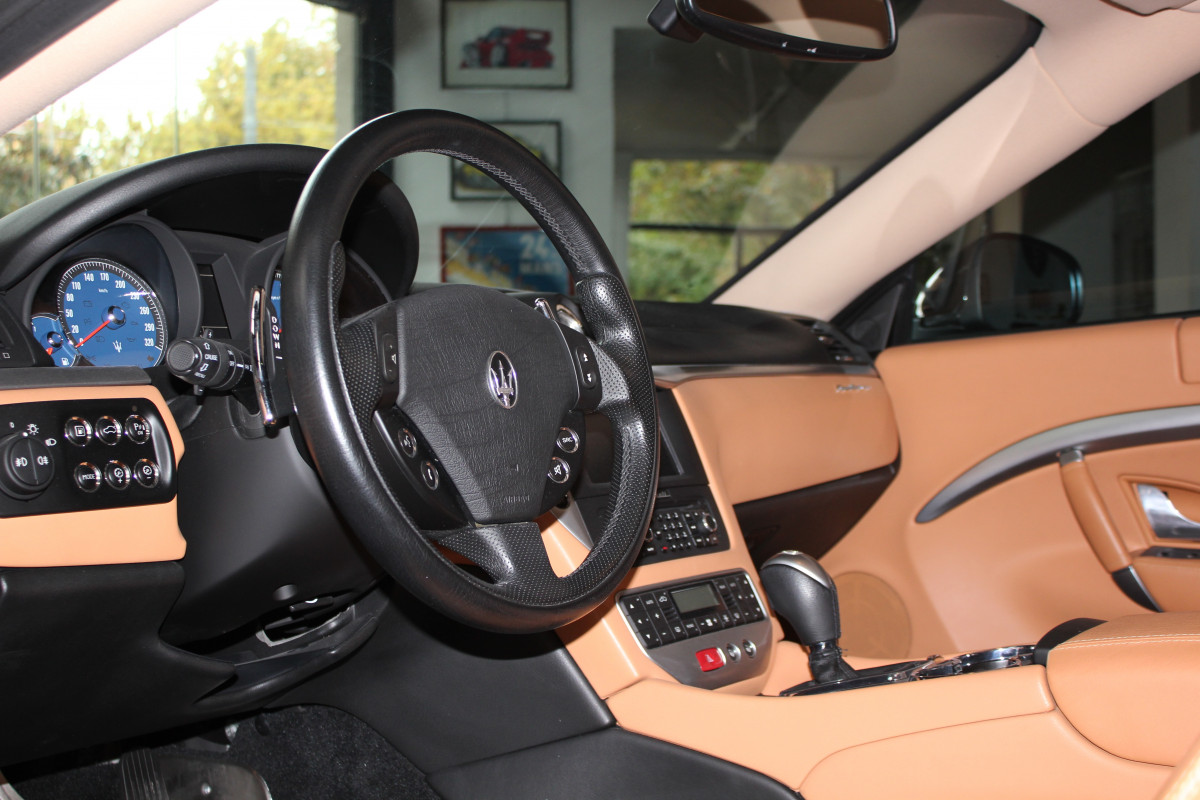
The following ten sedans are projected to lead the market in real-world efficiency, offering a blend of reliability, technology, and low operating costs.
A. The Elite Efficiency Leaders (Highest MPG)
These vehicles represent the pinnacle of current fuel-saving technology, maximizing hybrid efficiency.
- Toyota Prius Prime (PHEV): Often topping the list due to its PHEV capability, the Prius Prime offers exceptional combined MPG when running on hybrid power and a significant electric-only range. Its primary advantage is versatility in both urban and highway settings.
- Hyundai Ioniq Hybrid: Known for its highly aerodynamic design and efficient dual-clutch transmission (DCT), the Ioniq provides competitive combined MPG, often rivaling the Prius in non-plug-in efficiency.
- Honda Insight: Built on a platform known for reliability, the Insight uses a smooth, two-motor hybrid system, offering excellent City MPG that appeals heavily to commuter drivers.
B. The Midsize Segment Leaders (Comfort and Space)
These models balance high efficiency with necessary interior space and features required for family use.
- Toyota Camry Hybrid: The Camry Hybrid consistently offers excellent Highway MPG for a midsize sedan, thanks to its robust engine and hybrid tuning. It maintains the comfort and cabin size of the standard Camry model.
- Honda Accord Hybrid: The Accord Hybrid is prized for its engaging driving dynamics, often described as more enjoyable to drive than its Toyota counterpart. It combines efficiency with premium interior quality and strong performance.
- Hyundai Sonata Hybrid: Distinctive in design, the Sonata Hybrid offers strong fuel efficiency and includes unique features, often appealing to buyers seeking high-tech amenities and a comprehensive warranty package.
C. The Luxury and Performance Hybrids
Efficiency is no longer limited to basic economy cars; these models integrate hybrid tech for both mileage and performance gains.
- Lexus ES 300h: Offering premium features and superior comfort, the ES Hybrid provides exceptional fuel efficiency for a luxury vehicle. Its hybrid system is tuned for smooth, quiet operation.
- Kia K5 Hybrid: Representing strong value, the K5 Hybrid offers aggressive styling and strong efficiency ratings, making it a compelling, affordable alternative to Japanese and European competitors.
- Subaru Legacy Hybrid: The Legacy Hybrid offers the unique advantage of standard All-Wheel Drive (AWD), making its efficiency rating particularly impressive given the added weight and mechanical complexity of the AWD system.
- Mazda 6 (Mild Hybrid): Mazda’s offering, though potentially a mild hybrid, focuses on efficiency through lighter chassis weight and advanced combustion engineering, providing a sportier feel than typical hybrid competitors.
Part III: Analyzing the Core Efficiency Technologies
The high MPG ratings of these sedans are the result of specific, intentional engineering choices that impact performance and cost.
A. Continuously Variable Transmissions (CVTs)
CVTs are heavily favored in fuel-efficient sedans, especially hybrids.
- Efficiency Advantage: CVTs operate without fixed gear ratios, allowing the engine to constantly run at its most efficient RPM range for any given speed, maximizing fuel economy.
- Driving Feel: The trade-off is often a less engaging or “droning” acceleration sound compared to traditional automatic or dual-clutch transmissions.
B. Aerodynamics and Weight Reduction
Design decisions play a significant role in reducing resistance and increasing efficiency.
- Coefficient of Drag (Cd): Manufacturers minimize the coefficient of drag through sleeker body shapes, smooth underbodies, and active grille shutters that close at high speeds, reducing wind resistance and improving highway MPG.
- Lightweight Materials: Use of high-strength, lightweight steel and aluminum alloys reduces the vehicle’s curb weight. Less weight requires less energy (fuel) to accelerate and maintain speed.
C. Battery and Motor Integration
The size and quality of the battery and motor dictate the effectiveness of the hybrid system.
- Electric-Only Range: For PHEVs, a larger battery pack allows for a longer range of pure electric driving. This maximizes savings for short daily commutes.
- Battery Chemistry: Advances in lithium-ion battery chemistry improve energy density, making the hybrid system more effective without adding excessive weight.
Part IV: Total Cost of Ownership and Value Analysis
The purchasing decision should balance the initial price against long-term fuel savings, maintenance, and reliability.
A. The Fuel Savings Calculation
Determine the break-even point where the fuel savings recoup the higher initial cost of the hybrid system.
- Initial Premium: Hybrid sedans typically have a higher initial purchase price (premium) compared to their gasoline-only counterparts.
- Annual Fuel Savings: Calculate the annual fuel savings based on your expected annual mileage and local gas prices. Divide the initial hybrid premium by the annual savings to find the number of years required to recoup the investment.
- Long-Term Savings: For drivers with high annual mileage (over 15,000 miles), the break-even point is often reached within three to five years, leading to decades of pure savings.
B. Maintenance and Reliability
Reliability is a crucial factor, as hybrid systems introduce new maintenance variables.
- Brake Longevity: Hybrids typically offer superior brake longevity due to regenerative braking, which reduces wear on the physical brake pads. This is a maintenance cost reduction.
- Battery Replacement Risk: The most significant long-term risk is the eventual cost of replacing the hybrid battery pack. However, manufacturer warranties for hybrid batteries are now robust (often 8 years/100,000 miles, or more).
- Serviceability: Adhere strictly to the specialized service schedule outlined in the owner’s manual for hybrid systems to maintain warranty integrity.
C. Resale Value
Fuel efficiency and reliability tend to preserve the vehicle’s value.
- High Demand: Efficient hybrid models often maintain a higher resale value than their pure gasoline counterparts because of persistent consumer demand for low operating costs.
- Depreciation Resistance: Models from manufacturers with a strong reputation for hybrid reliability (like Toyota and Honda) tend to resist depreciation more effectively, maximizing the vehicle’s net cost of ownership.
Conclusion: Strategic Investment in Efficiency
The 2025 sedan market offers an exceptional convergence of advanced hybrid technology and compelling automotive design, affirming that fuel efficiency no longer requires a compromise on comfort or performance. Selecting the optimal model demands a meticulous comparison that moves beyond simple EPA ratings to analyze the long-term total cost of ownership, including the initial hybrid premium, expected maintenance costs, and projected resale value.
The high efficiency of these sedans, driven by sophisticated CVTs, aerodynamic design, and advanced battery integration, translates directly into substantial, recurring savings for the driver. By prioritizing proven reliability and selecting the model whose efficiency profile best matches individual driving habits—especially those involving significant city mileage—the consumer makes a strategic investment. This informed decision guarantees not only a reduction in environmental impact but also maximizes financial savings over the vehicle’s operational life.

